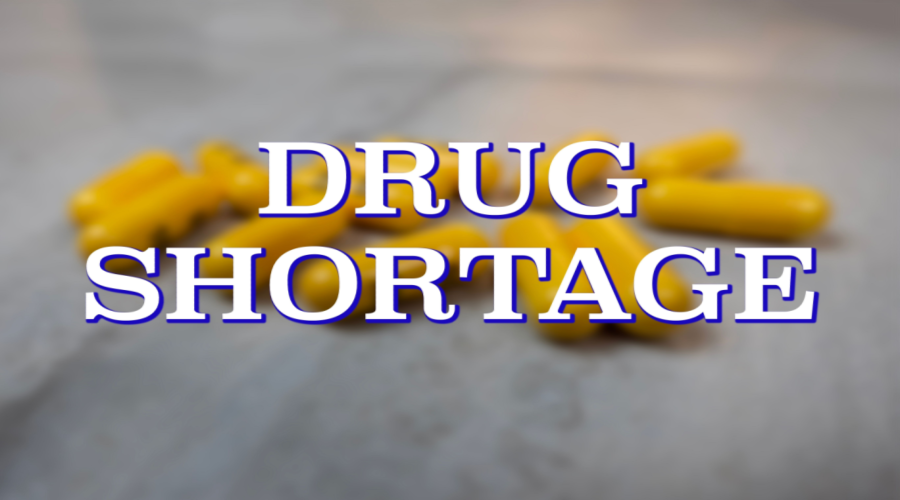Drug shortages happen. And when they do, it disrupts both your pharmacy and your patients. Shortages are caused by various factors, such as manufacturing issues, delays in production, raw material shortages, or unexpected increases in demand. The good news is that there are ways both health systems and your compounding pharmacy can prepare for and mitigate shortages like these.
Preparing for shortages:
Health systems
Health systems prepare for drug shortages by maintaining an up-to-date list of the drugs that are in short supply. They also provide contingency plans for how to manage the shortages that arise.
Compounding pharmacies
Compounding pharmacies like yours can help make customized medications with alternative formulations and doses.
Compounded medications are only covered if they’re considered medically necessary and if there isn’t an alternative treatment available. It’s the responsibility of the Federal Drug Administration (FDA) to regulate compounding pharmacies for quality and safety. However, Medicare, Medicaid, and private insurance companies determine which medications are covered.
A lot of the drugs used in the United States are manufactured overseas. Thus, supply chain disruptions or manufacturing issues in other countries often contribute to drug shortages. Pressure has also been put on manufacturing capacity with the increasing global demand for drugs and other medical products. Because overseas manufacturing and importation plays a role in the current shortage, the FDA is considering options, such as moving manufacturing back to the U.S., to ensure adequate drug supply.
As a compounding pharmacist, you can help inform prescribers about shortages and improve communication. Here’s how:
- Regularly check the FDA’s Drug Shortage website along with other resources. Share the information with prescribers right away.
- Communicate regularly with colleagues and other healthcare professionals.
- Share updates about shortages.
- Discuss potential alternative treatment options.
The FDA determines which drugs to put on the shortage list based on reports from manufacturers, wholesalers, and other stakeholders. This process takes time to report and then list. While waiting, shortage management practices are implemented throughout health systems while contingency plan strategies are shared amongst pharmacy teams and other healthcare professionals.
To stay up to date on current and potential drug shortages, visit the FDA’s Drug Shortage website and other resources, such as hospitals and health systems. Also, be sure to share this information with prescribers. Stay in touch with your colleagues and other healthcare professionals to share updates on shortages and to discuss potential alternative treatment options.
A Member-Owned Company Serving Independent Pharmacies
PBA Health is dedicated to helping independent pharmacies reach their full potential on the buy-side of their business. Founded and owned by pharmacists, PBA Health serves independent pharmacies with group purchasing services, wholesaler contract negotiations, proprietary purchasing tools, and more.
An HDA member, PBA Health operates its own NABP-accredited secondary wholesaler with more than 6,000 SKUs, including brands, generics, narcotics CII-CV, cold-storage products, and over-the-counter (OTC) products — offering the lowest prices in the secondary market.












